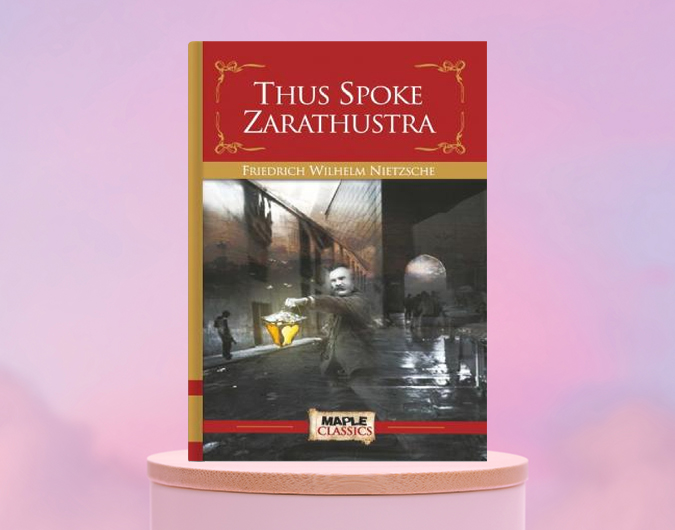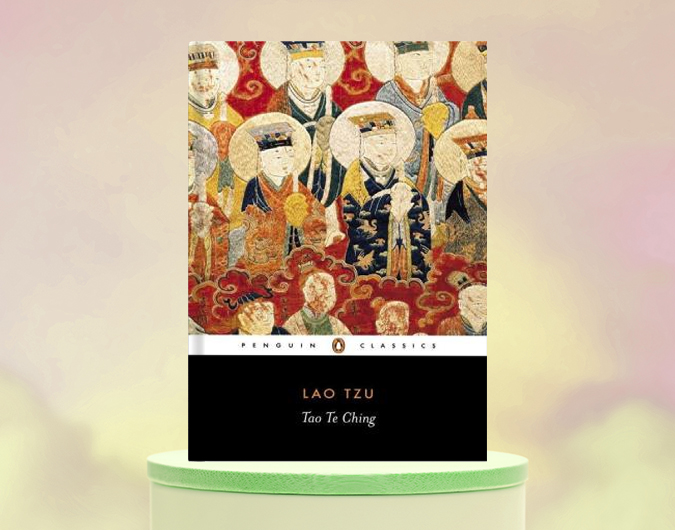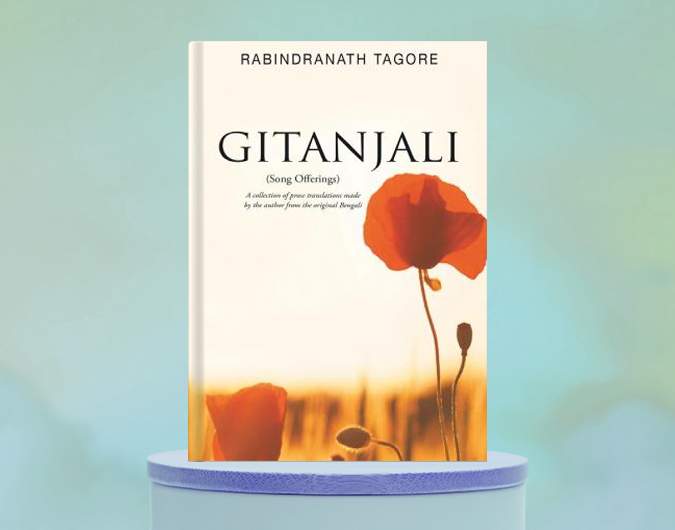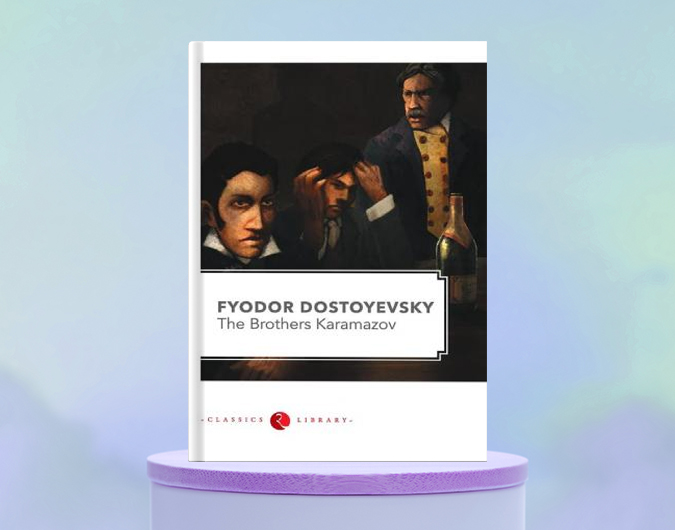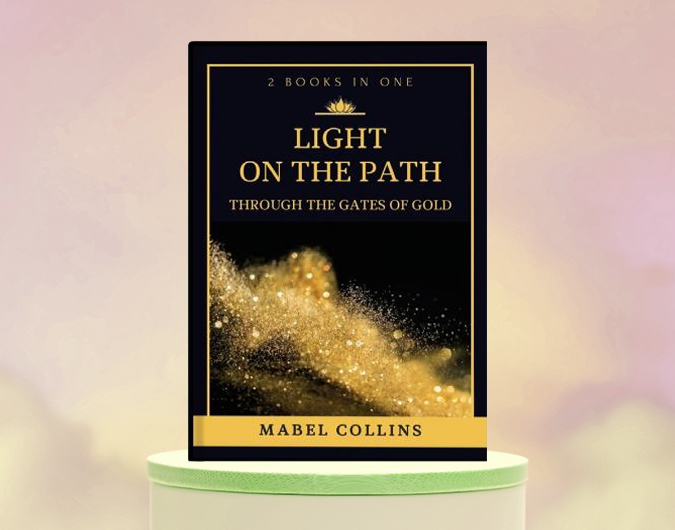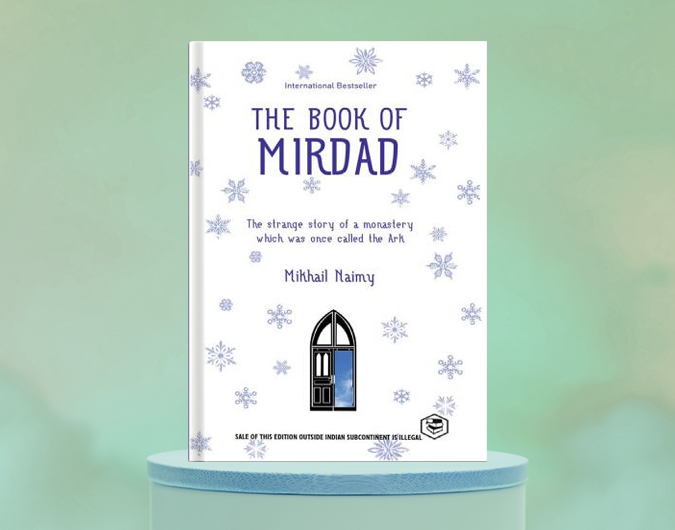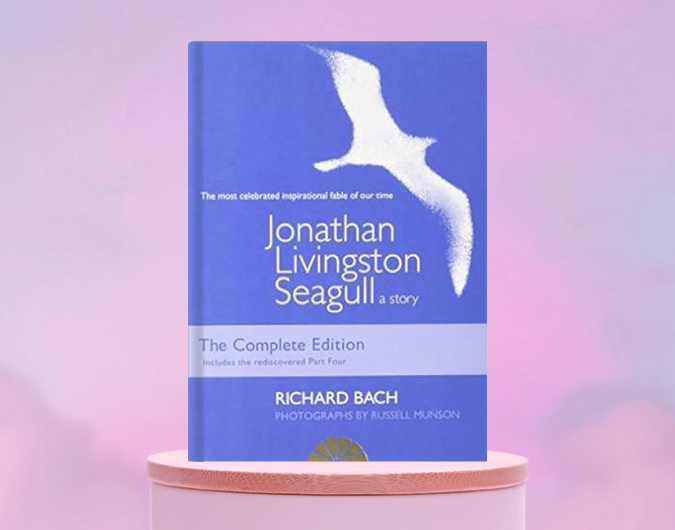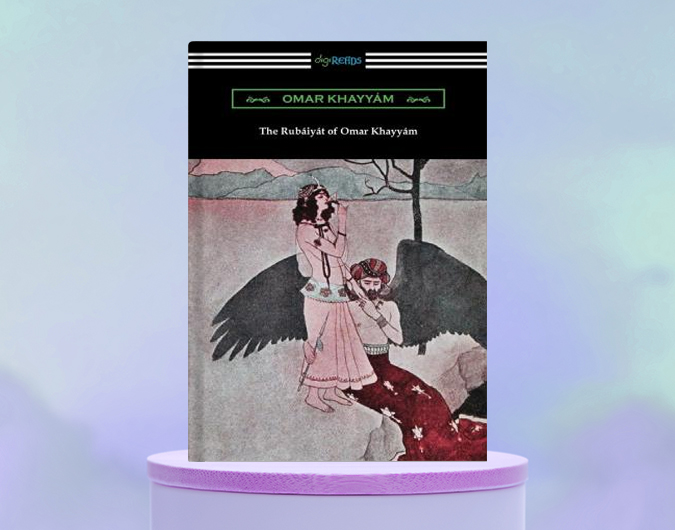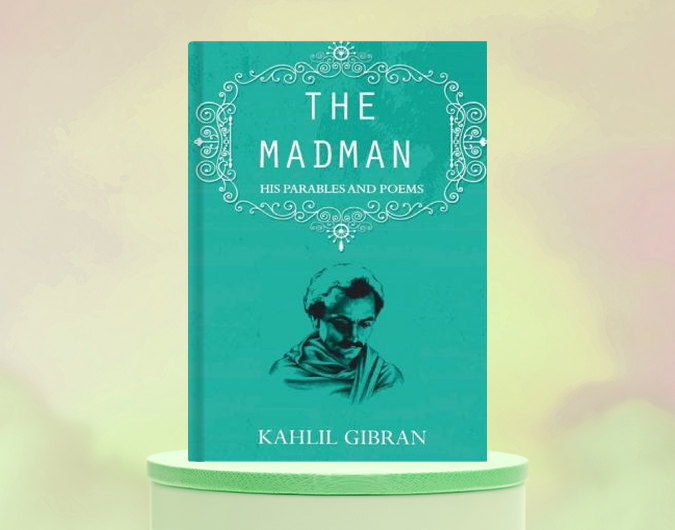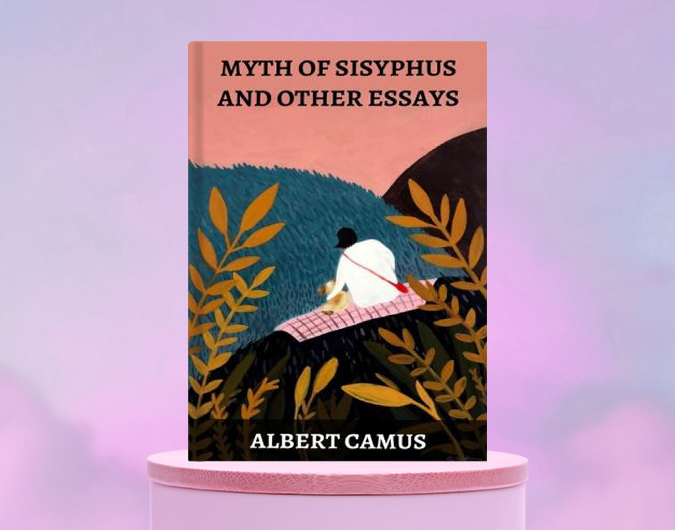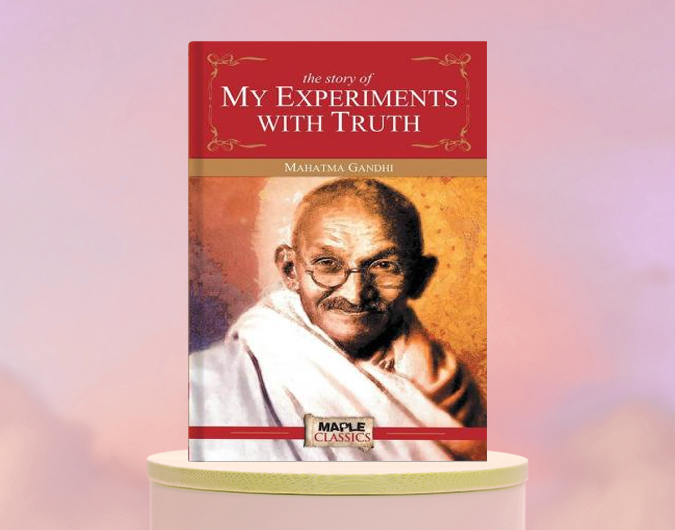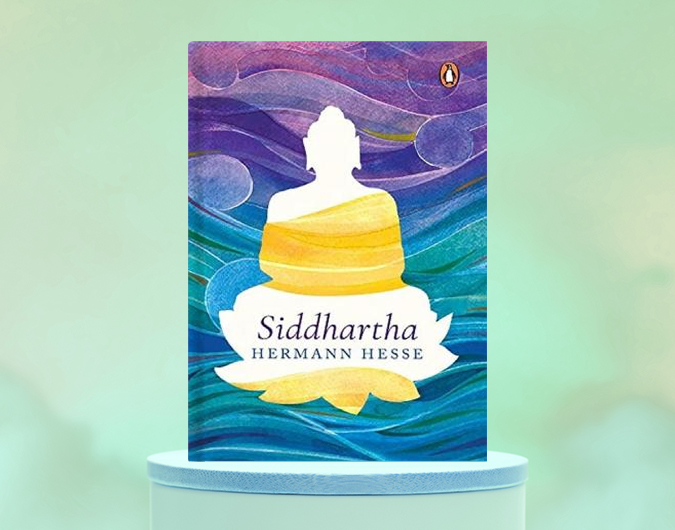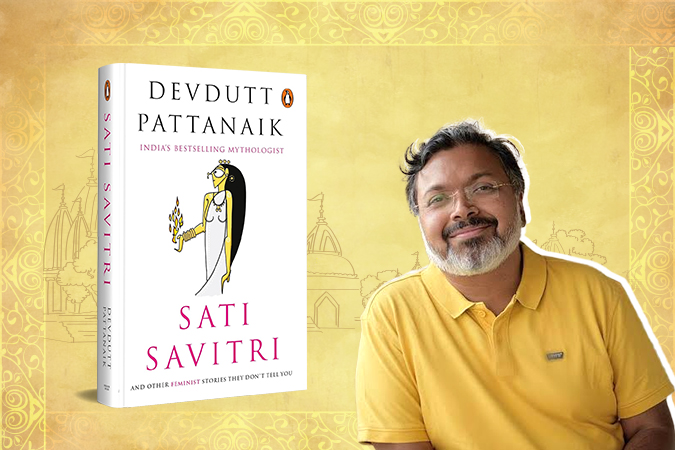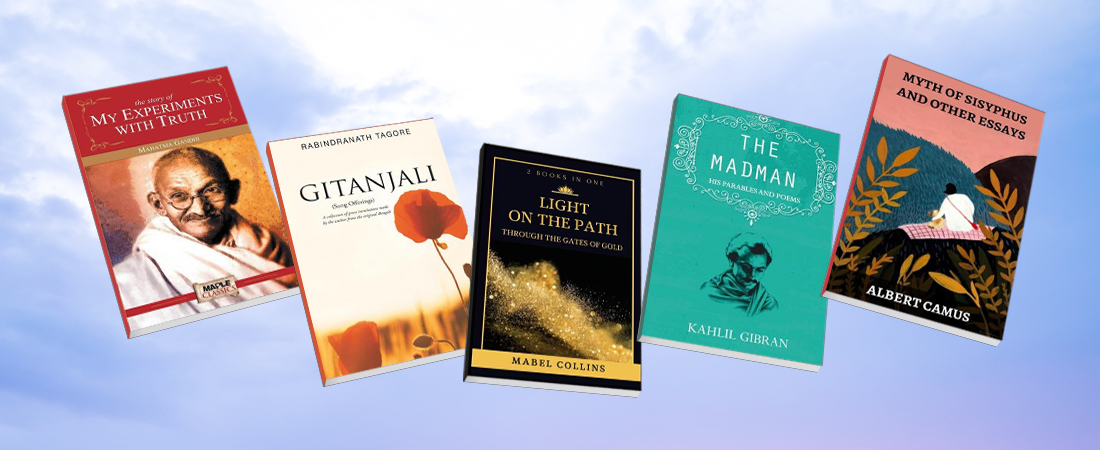
Osho, a philosopher, spiritual teacher, and mystic, is celebrated for his unconventional teachings that encourage self-discovery, mindfulness, and inner transformation. Known for his voracious reading habits, Osho was profoundly influenced by a wide spectrum of literary works. His recommended books offer a glimpse into his intellectual and spiritual world, touching upon themes of individualism, existentialism, and enlightenment.
In this blog, we’ll explore 13 books recommended by Osho, diving into their core ideas and how they resonate with his teachings.
Osho’s Philosophy and the Role of Books
Osho’s ideologies are deeply rooted in freedom, self-discovery, and the rejection of societal norms. Drawing from Zen, Taoism, Buddhism, and even Western philosophy, his teachings reflect a fusion of diverse traditions. Books, for Osho, were mirrors reflecting universal truths he had already experienced. They served as tools for introspection and understanding rather than mere sources of information. Through his teachings, Osho who himself was a voracious reader, often encouraged others to explore these works as pathways to personal transformation and deeper awareness.
Here’s a curated list of 13 books that Osho recommended, with each one shedding light on a facet of his ideology.
What’s it about: A philosophical novel exploring the concept of the “Übermensch” and the rejection of traditional morality. The concept refers to an idealised individual who transcends conventional human limitations and moral values to create and live by their own values and purpose.
Why Osho recommended it: Nietzsche’s emphasis on individualism and self-overcoming aligns closely with Osho’s teachings. This book encourages readers to challenge conventional thinking and embrace their inner strength.
By Lao Tzu
What’s it about: A foundational text of Taoism, offering wisdom on harmony, simplicity, and balance. Taoism is an ancient Chinese philosophy and spiritual tradition that emphasizes living in harmony with the Tao, the natural flow and essence of the universe.
Why Osho recommended it: Osho often cited Lao Tzu’s teachings as essential for understanding the flow of life. The book inspires readers to align with nature and embrace effortless living.
What’s it about: A collection of poems celebrating spirituality, nature, and divine connection. With deeply introspective verses that blend profound philosophical musings with the simplicity of everyday life, this work is a timeless ode to the human spirit.
Why Osho recommended it: Tagore’s poetic exploration of the soul resonates with Osho’s emphasis on inner beauty and connection. Each poem evokes a sense of peace and gratitude for life’s simple joys.
What’s it about: A tale of morality, faith, and existential dilemmas through the lives of three brothers. Set against the backdrop of a patricide investigation, the novel delves into the complex interplay of love, jealousy, and spiritual conflict within the family.
Why Osho recommended it: Dostoevsky’s exploration of human psychology deeply influenced Osho’s understanding of the human condition. It examines the eternal struggle between reason, faith, and freedom.
What’s it about: An existentialist masterpiece examining freedom, consciousness, and responsibility. Through its exploration of “being-for-itself” and “being-in-itself,” the book challenges readers to confront the weight of their choices and the essence of human existence.
Why Osho recommended it: Sartre’s views on existence and choice complement Osho’s belief in living authentically. The book is a profound invitation to confront our choices and embrace true freedom.
What’s it about: A non-fiction work rooted in philosophy and spirituality, designed as a guidebook for spiritual seekers. Filled with short aphorisms and practical wisdom, that serve as teachings focusing on inner growth and enlightenment.
Why Osho recommended it: This book echoes Osho’s focus on inner clarity and mindfulness. It serves as a gentle guide for those embarking on a spiritual journey.
What’s it about: A mystical parable, it tells the story of a monastery and its enigmatic leader, Mirdad. Through allegorical dialogues and parables, the book explores profound spiritual themes such as unity, love, self-awareness, and liberation from material attachments.
Why Osho recommended it: Osho admired its profound simplicity and spiritual depth. The book invites readers to reflect on the meaning of faith and inner strength.
By Richard Bach
What’s it about: An inspirational novella that tells the story of a seagull who seeks to transcend the limitations of ordinary flock life by mastering the art of flight. Unlike the other seagulls content with merely scavenging for food, Jonathan strives for perfection, freedom, and self-expression through his flying.
Why Osho recommended it: Its themes mirror Osho’s teachings on breaking free from societal constraints. The story inspires readers to strive for excellence and embrace their unique path.
What’s it about: A collection of quatrains (poetic stanzas consisting of four lines with a specific rhyme scheme) that reflect on the fleeting nature of life, the joys of love, and the inevitability of mortality. Written by Omar Khayyam, a 12th-century Persian polymath, poet, and philosopher, the verses blend deep philosophical musings with a celebration of life’s ephemeral beauty.
Why Osho recommended it: Osho often referenced these verses to illustrate life’s fleeting beauty. The poetic expressions encourage a deeper appreciation for the present moment.
What’s it about: A collection of parables, fables, and poems that explore themes of individuality, self-discovery, and the human condition. Written in Gibran’s signature poetic and mystical style, the book celebrates the freedom that comes from embracing one’s true self, even if it means being misunderstood by society.
Why Osho recommended it: Gibran’s mystical storytelling resonated with Osho’s emphasis on self-discovery. It serves as a reminder to embrace our authentic selves in a world of conformity.
By Albert Camus
What’s it about: A philosophical essay that examines the absurdity of human existence and the search for meaning in a world devoid of inherent purpose. The book uses the Greek myth of Sisyphus—condemned to eternally push a boulder up a hill, only for it to roll back down—as a metaphor for the human condition.
Why Osho recommended it: Camus’s reflections on absurdity align with Osho’s critique of societal norms. The book challenges readers to find joy in life’s struggles.
What’s it about: Gandhi’s autobiography that chronicles his life journey and the evolution of his philosophy of truth (satya) and non-violence (ahimsa). The book explores Gandhi’s personal experiences, struggles, and moral dilemmas as he experimented with applying ethical principles to everyday life.
Why Osho recommended it: Osho often praised Gandhi’s courage and commitment to self-reflection. It offers timeless lessons on integrity and perseverance.
What’s it about: A profound philosophical novel that follows the life of Siddhartha, a young man in ancient India, on his quest for spiritual enlightenment and self-discovery. Dissatisfied with the teachings of traditional religion, Siddhartha embarks on a journey to find his own path to truth.
Why Osho recommended it: This book encapsulates Osho’s philosophy of enlightenment through experience. It’s a timeless story of finding purpose and inner peace.
These books recommended by Osho serve as stepping stones to deeper philosophical inquiry and spiritual awakening. Whether you’re exploring existentialism, mysticism, or mindfulness, this curated list is an excellent starting point. Dive into these works to uncover insights that resonate with Osho’s transformative teachings.

